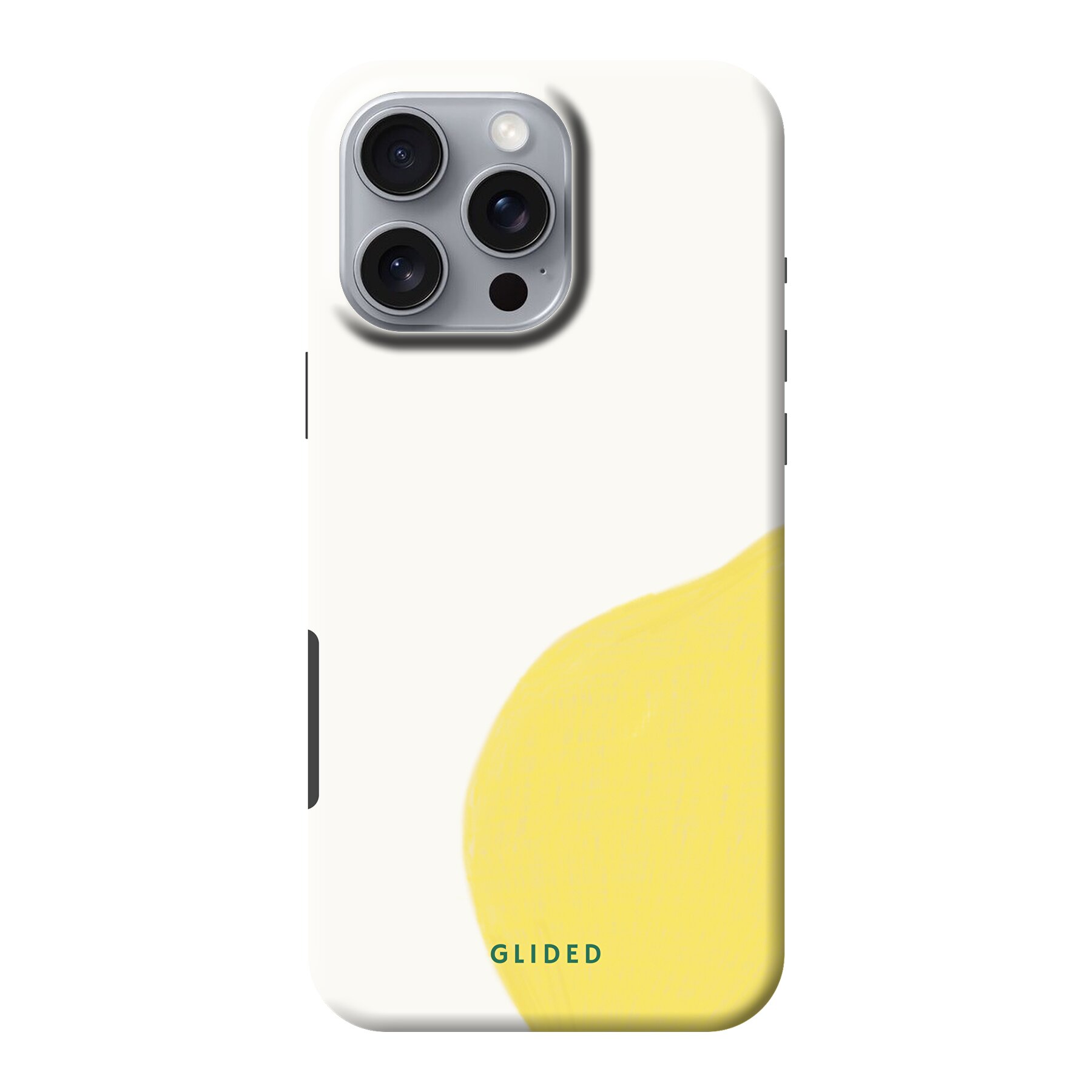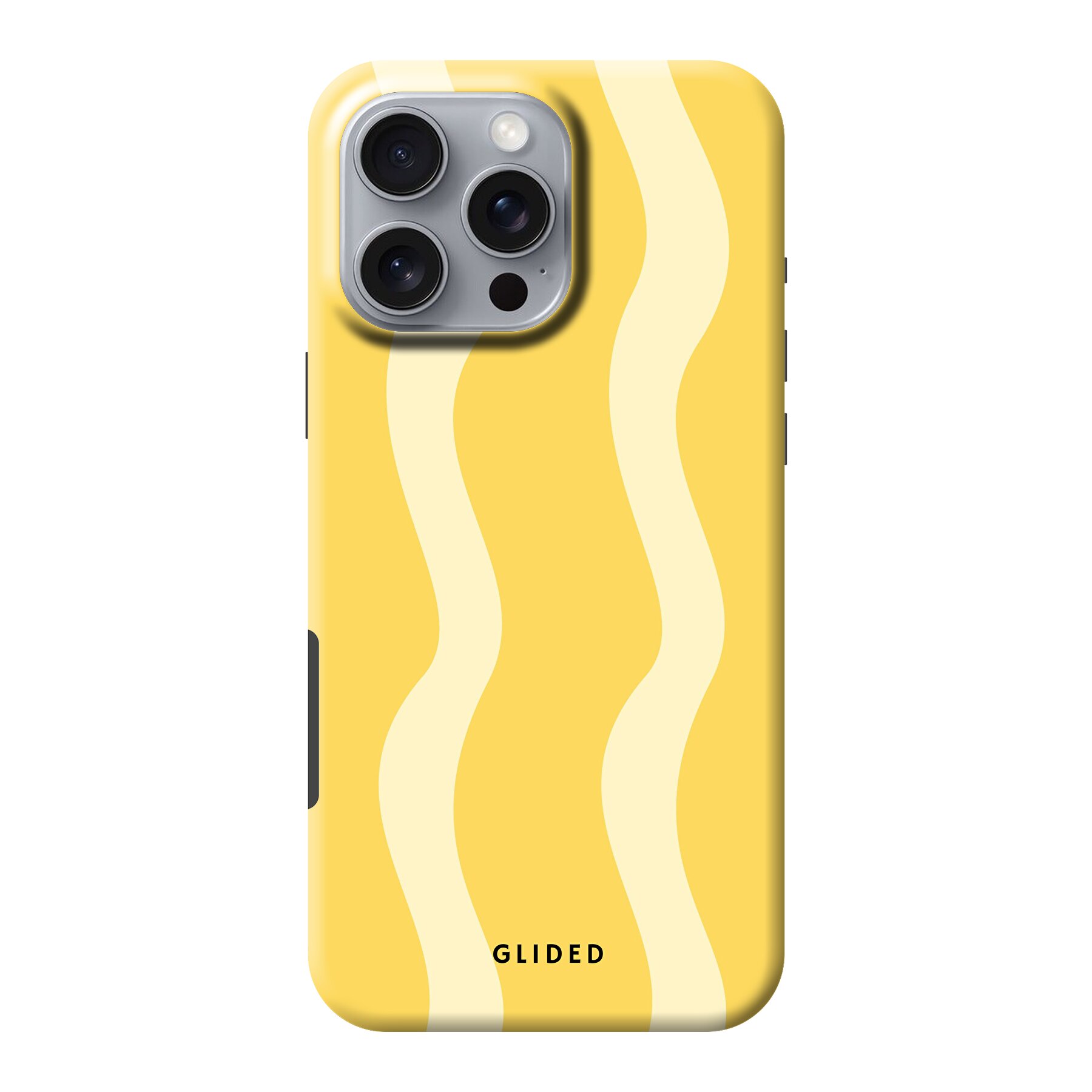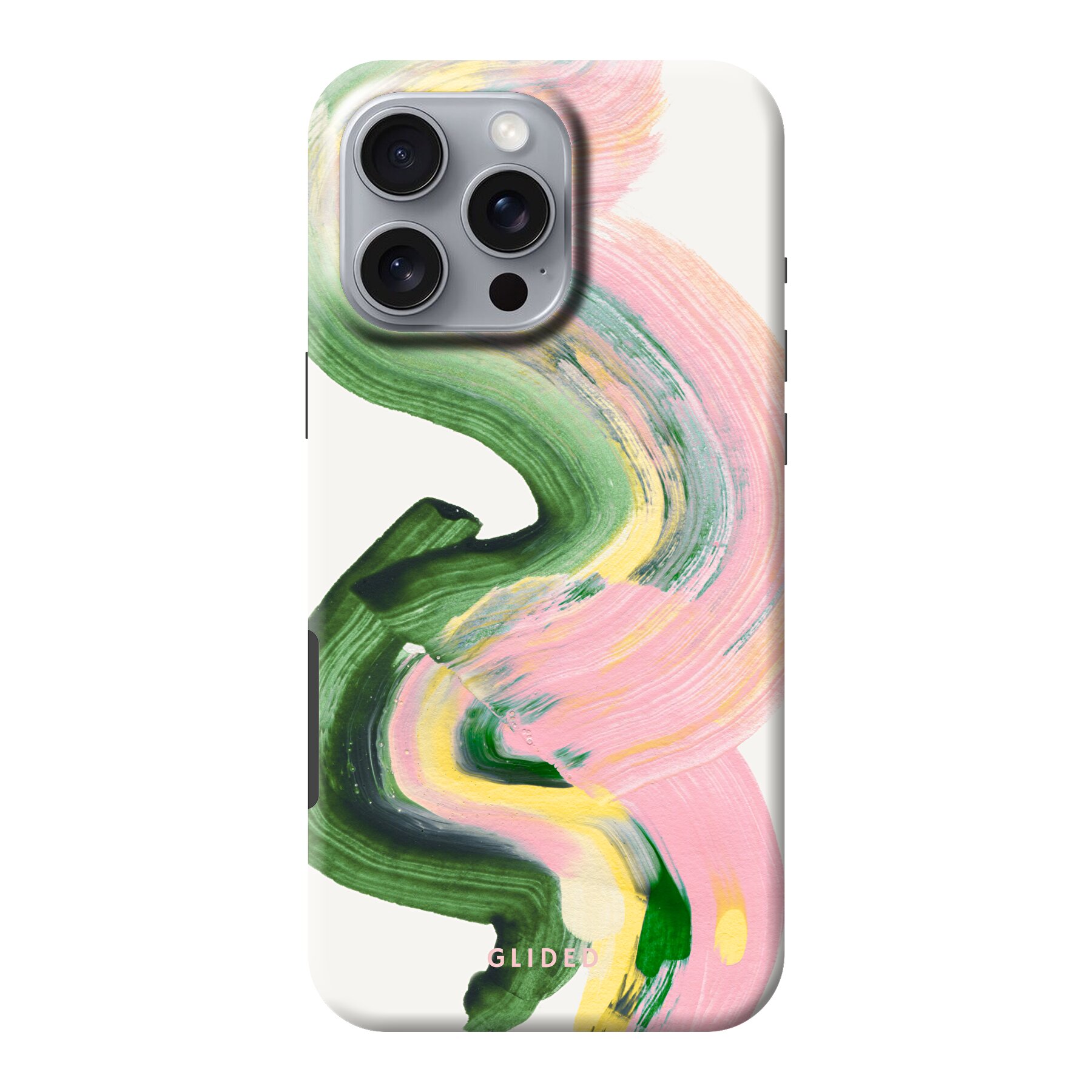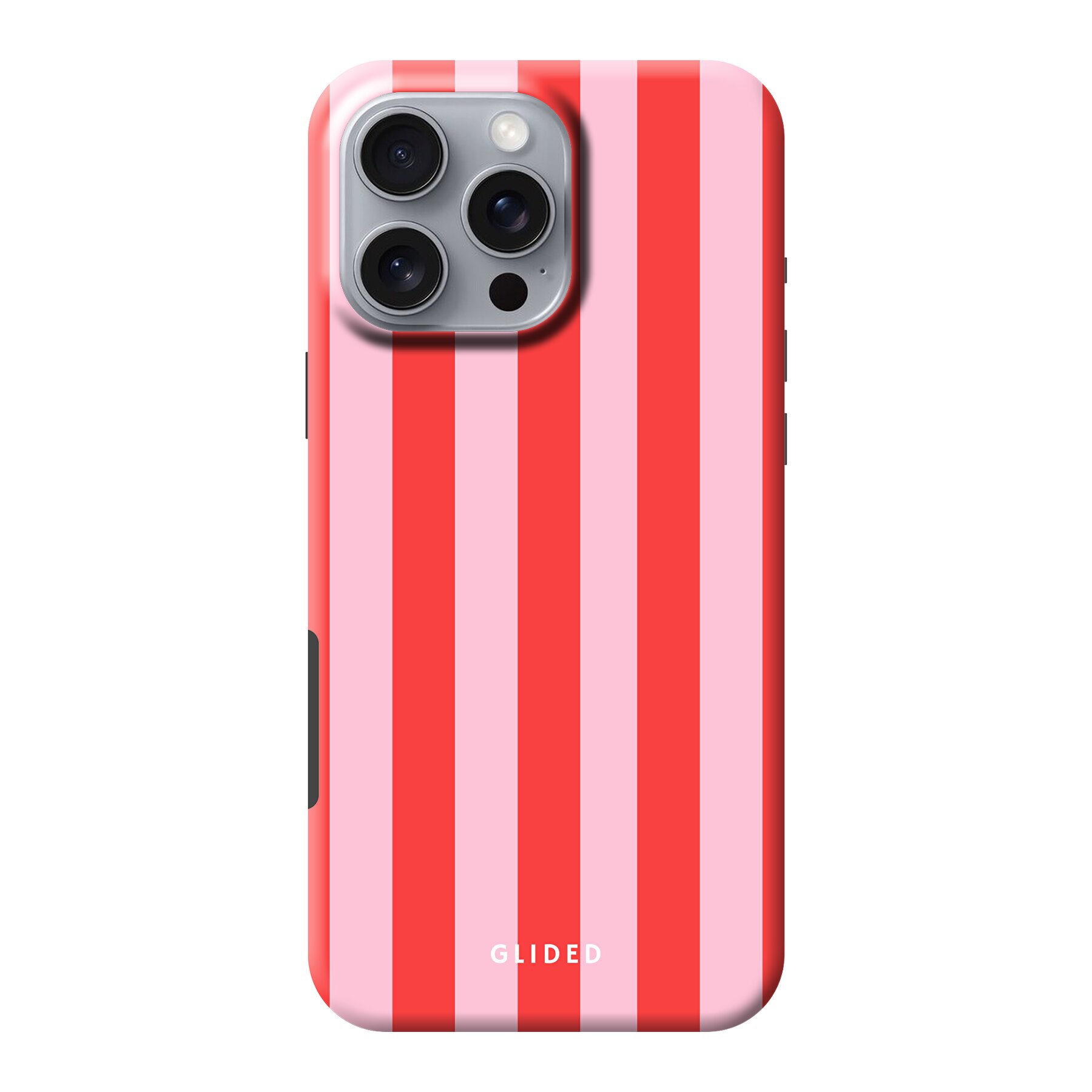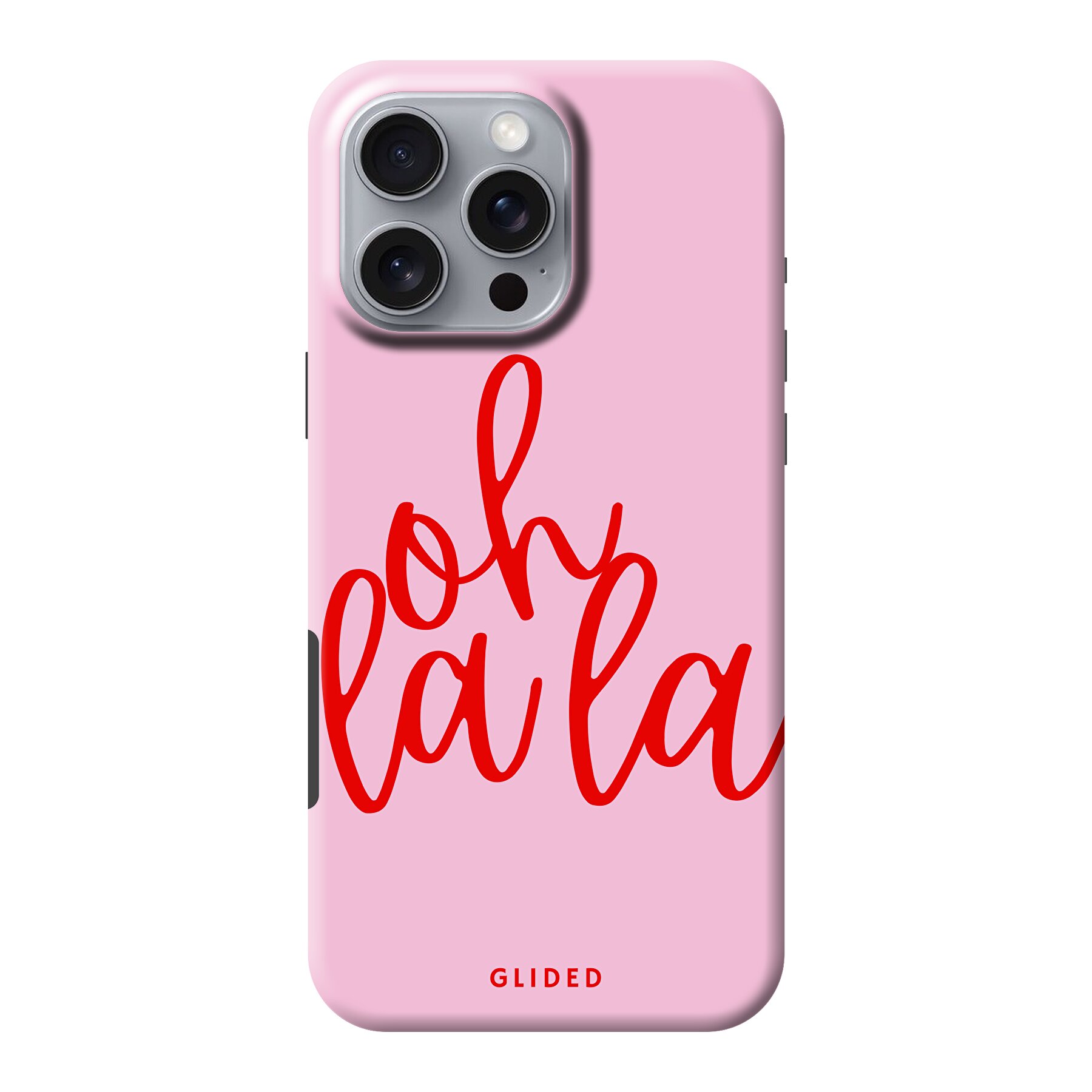The Dilemma of Choice: Hardcase or Softcase?
When it comes to protecting your smartphone, many face the question: Should I use a hardcase or a softcase? Both options have their own advantages and disadvantages and can be differently suitable depending on individual needs and lifestyle. In this article, we help you make the right decision so you can fully utilize your smartphone without worries about damage.
What is a Hardcase?
Hardcases are covers made of a hard material, typically polycarbonate or another durable plastic. They provide a robust protective shell for your smartphone and are available in a variety of designs, such as the GLIDED X RAEKSO or Avocado designs.
Advantages of Hardcases
- Maximum Protection: Hardcases provide the best protection against impacts, scratches, and drops, which makes them ideal for people who often use their phone in risky situations.
- Durability: Due to the resilient material, hardcases have a longer lifespan, even with intensive use.
- Versatile Designs: At Glided, you will find many appealing designs that match your personal style.
Disadvantages of Hardcases
- Increased Bulk: Hardcases can make the smartphone appear thicker and heavier, which might be cumbersome for some users.
- Less Flexibility: They often provide less flexibility than softcases, which conform to the shape of your phone, making it easier to put on and remove the cover.
What is a Softcase?
Softcases are typically made from soft materials like silicone or TPU (thermoplastic polyurethane). These covers are flexible, lightweight, and provide a good grip, making it less likely for the phone to slip out of your hand.
Advantages of Softcases
- Lightweight and Thin: Softcases are generally lighter and thinner than hardcases, reducing the overall weight of your phone and making it easier to carry in your pocket.
- Comfortable Grip: The rubber-like texture makes holding the phone easier, which is particularly beneficial for users who type or scroll frequently.
- Variety of Designs: Softcases also offer various designs, such as the popular Woman Power or Chasing Dreams motifs from Glided.
Disadvantages of Softcases
- Less Protection: While softcases offer some protection, they are not as durable as hardcases—the risk of scratches and impacts is higher.
- Wear and Tear: Softcases can wear out faster and lose their shape, especially with frequent use.
Who Is Suitable for Which Case?
The choice between a hardcase and a softcase largely depends on your individual lifestyle and needs. Here are some considerations that can help you in your decision:
A Hardcase is the Right Choice If...
- ...you often encounter uneven terrain or frequently drop your smartphone.
- ...you seek maximum protection for high-quality devices.
- ...you prefer a sturdier design.
A Softcase is the Optimal Choice If...
- ...you prefer a lightweight and slim design.
- ...you often find yourself in places where your phone is not extremely at risk.
- ...you like to change your case often to express your style.
Tips for Choosing the Right Case
Before you choose a case, consider some additional factors:
- Design: Think about which design best fits your style. Glided offers a variety of creative designs, so you're sure to find a model that you like.
- Functionality: Ensure that the case can be easily put on and removed and that all buttons and ports are easily accessible.
- Value for Money: At Glided, you have the option to purchase high-quality phone cases without unexpected costs, as shipping is always free.
- Warranty and Returns: Glided's 30-day money-back guarantee gives you additional security with your purchase.
Conclusion
The decision between a hardcase and a softcase largely depends on your personal preferences, lifestyle, and the demands for protecting your smartphone. Hardcases offer maximum protection, while softcases represent lighter and more stylish options. No matter which option you choose: at Glided, you'll find a suitable HandyPhone case that meets both your personal taste and your phone's needs.
















